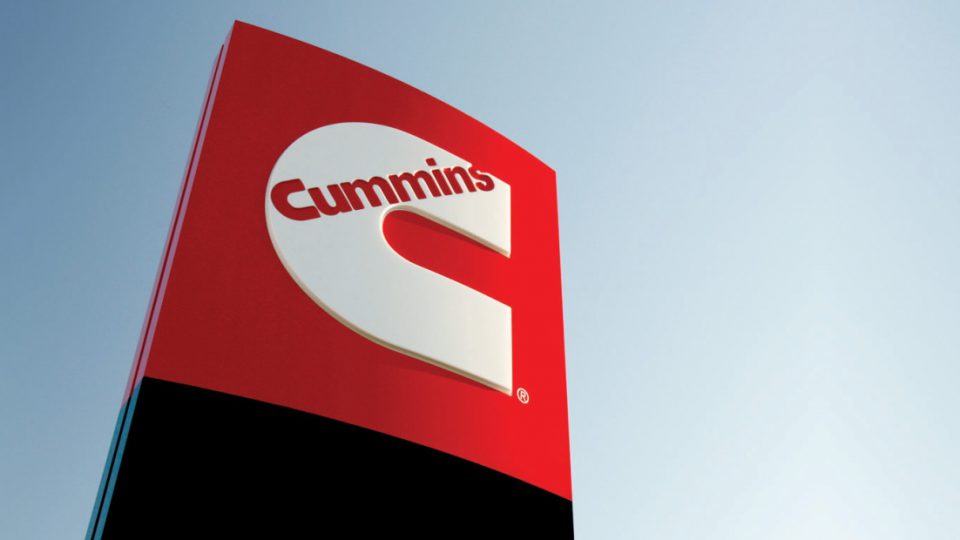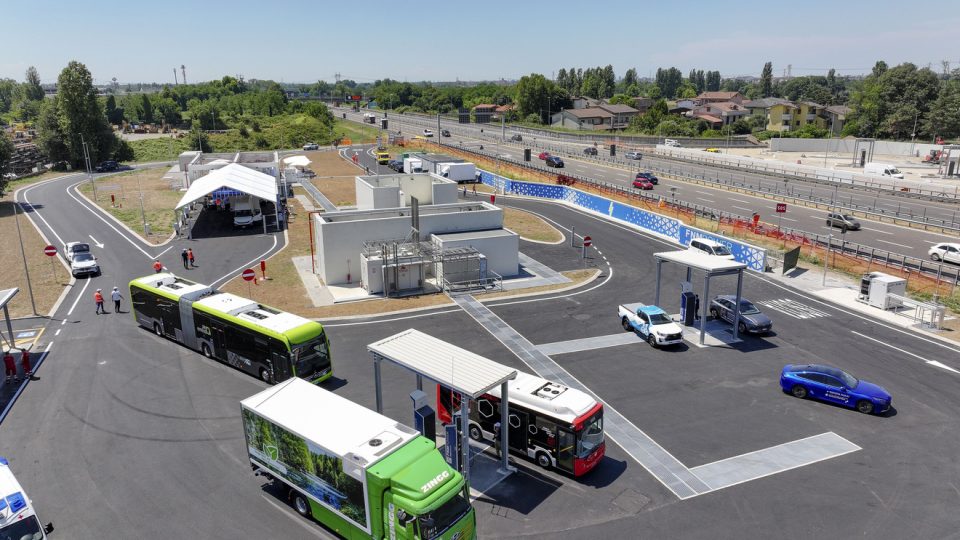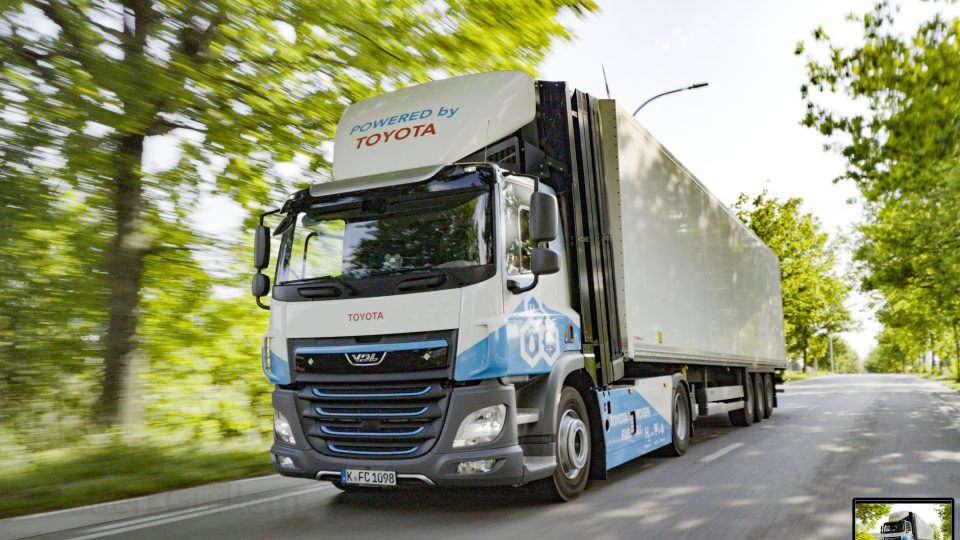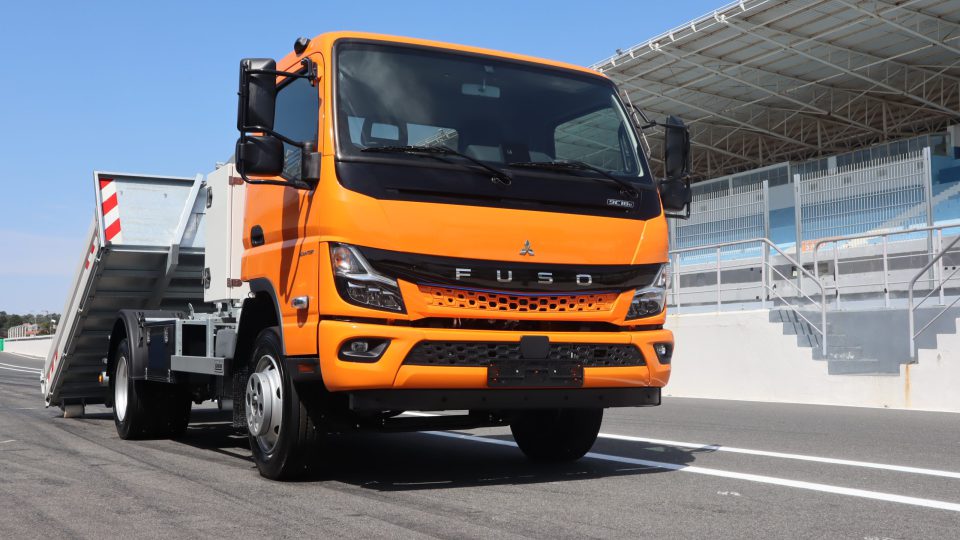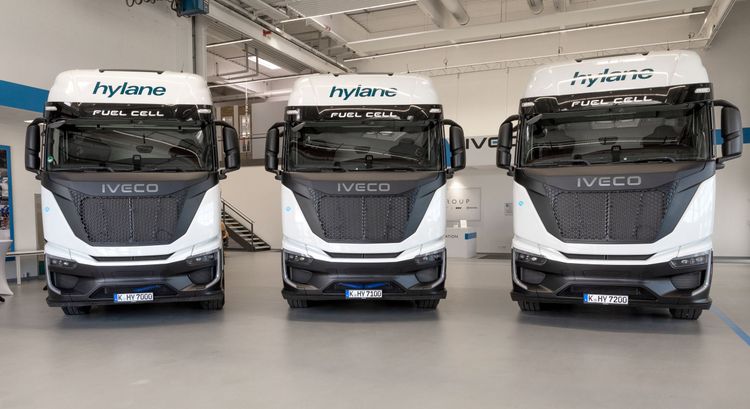OPINIONS. Is hydrogen ICE truly feasible? Cummins’ Vice President has an idea on it
Srikanth Padmanabhan, Cummins Vice President and President of the Engine Segment, wrote a very interesting article on the prospects of hydrogen-fueled ICEs. Although admitting that product development is at very early stage, he believes that such technology is «very promising» in order to «virtually eliminate CO2 emission».
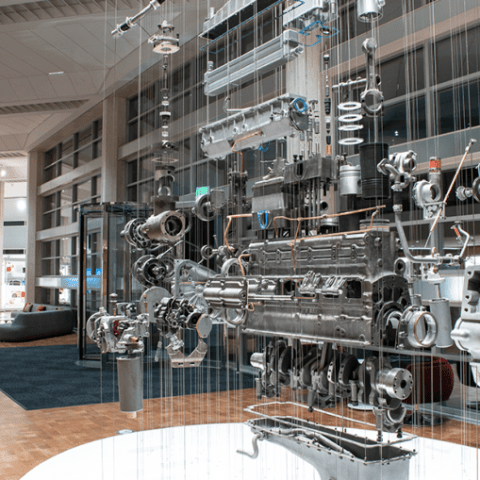
Is hydrogen ICE truly feasible? We’ve made ourselves such question more than once, also catching what a primary global player like Cummins is concretely doing on it as for development and tests. Moreover, at the end of last year, we involved Alastair Hayfield, Senior Research Director at Interact Analysis, in a thorough discussion on the matter (here’s the full interview). If you’re wondering why we are so interested in this topic, well, it’s quite simple. Some experts and manufacturers seem to believe that hydrogen ICE may be a true breakthrough, especially in the commercial vehicle sector, while others seem to be more focused on developing (or considering) fuel cells or pure electric solutions also for long-haul trucks.
Hydrogen ICE, according to Cummins
Srikanth Padmanabhan, Cummins Vice President and President of the Engine Segment, wrote a very interesting article on the prospects of hydrogen-fueled ICEs. Although admitting that product development is at very early stage, he believes that such technology is «very promising» in order to «virtually eliminate CO2 emission».
Potrebbe interessarti
Green hydrogen in China, Cummins and Sinopec launch joint venture

«According to the EPA’s Greenhouse Gas Emissions Model (GEM) for Medium- and Heavy-Duty Vehicle Compliance, a model year 2027 Class 8 sleeper cab semi, powered by a hydrogen ICE would generate 144 fewer metric tons of CO2 per year versus its diesel-powered counterpart», he wrote. «That adds up to saving 1,437 metric tons of CO2 over the life of that one vehicle». Maybe more important is the fact that «a hydrogen ICE fits in today’s trucks, works with today’s transmissions and integrates seamlessly into the industry’s existing service networks and practices. End users are responding positively to the potential for a hydrogen engine because of the zero-carbon fuel and its familiar technology».
Reuse of currently employed components
Bringing the discussion on Cummins’ knowledge, Padmanabhan wrote: «There is significant reuse of appropriate engine components, which drives economies of scale while also providing reliability and durability equal to diesel (…). For example, our hydrogen-fueled engine development program plans to utilize all-new engine platforms that offer flexible overhead cam systems, improved cooling, and reduced friction which aims to achieve a more efficient and higher power density product. These platforms are being developed to avoid the performance limitations and other compromises associated with converting today’s diesel or natural gas engines over to hydrogen fuel».
Hydrogen ICEs will provide a low cost zero-carbon solution for high load factor and high utilization applications where battery-electric solutions cannot meet the operational requirements and fuel cells are not yet economically viable
Srikanth Padmanabhan, Cummins Vice President and President of the Engine Segment
Possible applications of hydrogen ICEs
«Hydrogen ICEs will create a new and attractive solution where high load factors and high equipment utilization are critical to customers. With a wave of excitement and possibilities on the horizon, the hydrogen-fueled engine development program has the potential to expand the customers’ powertrain of choice», continues Cummins’ Vice President. «Over the next few years, our hydrogen-fueled engine development program will take on the challenge of delivering zero-carbon fuel while retaining all the performance attributes our customers have come to expect from Cummins».




